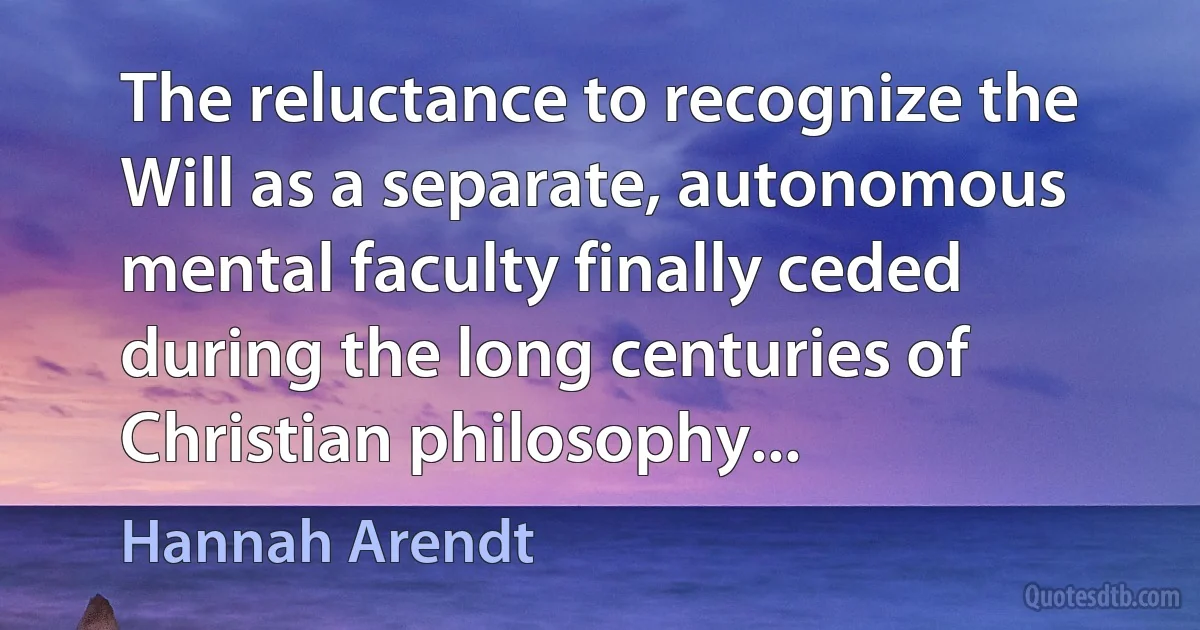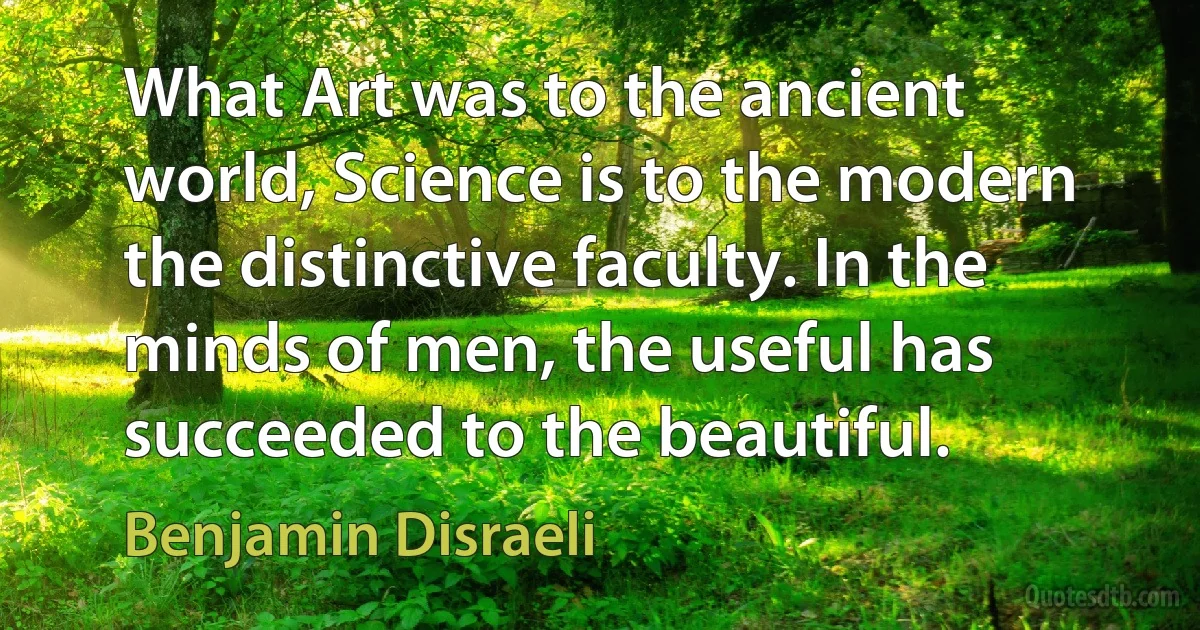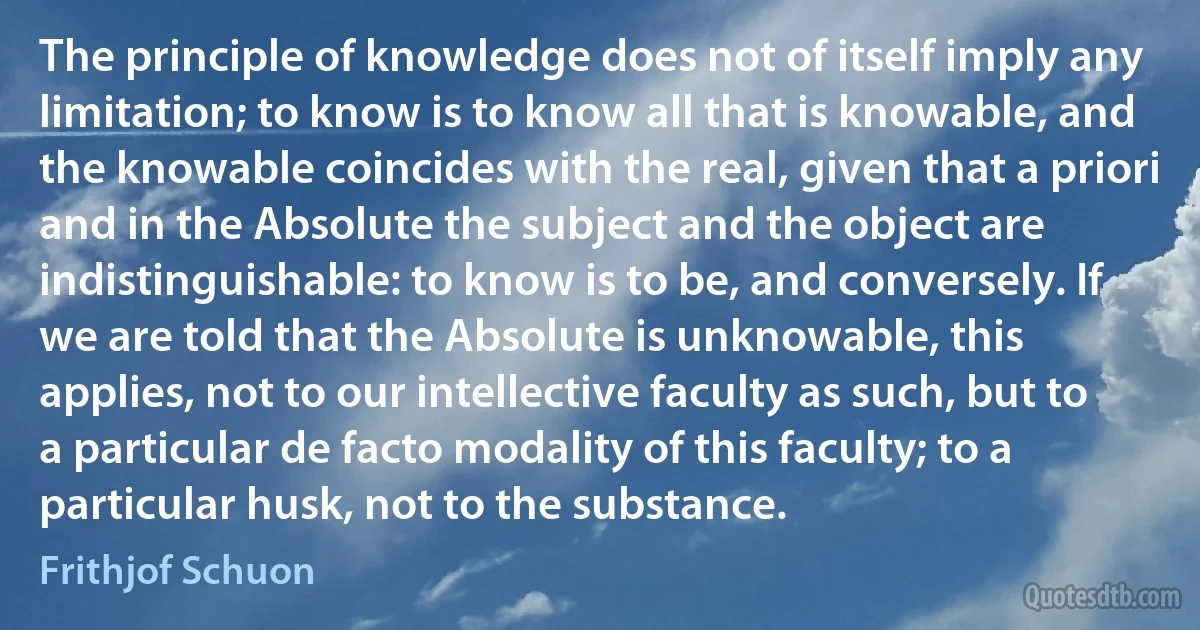Faculty Quotes - page 14
Someone finally understood all the "hell” that I'd been through since a child when I'd first tried to understand language. And yet in other forms of communications, like painting, sculpture, music, math, problem-solving, and chess, I'd been very good. In fact, in high school, once I learned how to play chess, I'd play lightning-fast, intuitively seeing all these different possibilities at the same time, and I'd won well over a hundred chess games without losing a single game. And that included beating some of our faculty members who thought that they were very good at chess.

Victor Villaseñor
The journalists at Charlie Hebdo are now rightly being celebrated as martyrs on behalf of freedom of expression, but let's face it. If they had tried to publish their satirical newspaper on any American university campus over the last two decades it wouldn't have lasted 30 seconds. Student and faculty groups would have accused them of hate speech. The administration would have cut financing and shut them down.

David Brooks
... we grapple with this 'law of sin' (Rom. 8:2) and expel it from our body, establishing in its place the surveillance of the intellect. Through this surveillance we prescribe what is fitting for every faculty of the soul and every member of the body. For the senses we prescribe what they should take into account and to what extent they should do so, and this exercise of the spiritual law is called self-control.

Gregory Palamas
Liberty, according to my metaphysics, is an intellectual quality; an attribute that belongs not to fate nor chance. Neither possesses it, neither is capable of it. There is nothing moral or immoral in the idea of it. The definition of it is a self-determining power in an intellectual agent. It implies thought and choice and power; it can elect between objects, indifferent in point of morality, neither morally good nor morally evil. If the substance in which this quality, attribute, adjective, call it what you will, exists, has a moral sense, a conscience, a moral faculty; if it can distinguish between moral good and moral evil, and has power to choose the former and refuse the latter, it can, if it will, choose the evil and reject the good, as we see in experience it very often does.

John Adams
I advance it therefore as a suspicion only, that the blacks, whether originally a distinct race, or made distinct by time and circumstances, are inferior to the whites in the endowments both of body and mind. It is not against experience to suppose, that different species of the same genus, or varieties of the same species, may posses different qualifications. Will not a lover of natural history then, one who views the gradations in all the races of animals with the eye of philosophy, excuse an effort to keep those in the department of man as distinct as nature has formed them? This unfortunate difference of colour, and perhaps of faculty, is a powerful obstacle to the emancipation of these people.

Thomas Jefferson
It was not until I joined the faculty of Spelman College, a college for black women in Atlanta, Georgia, that I began to read the African-American historians who never appeared on my reading lists in graduate school (W. E. B. Du Bois, Rayford Logan, Lawrence Reddick, Horace Mann Bond, John Hope Franklin). Nowhere in my history education had I learned about the massacres of black people that took place again and again, amid the silence of a national government pledged, by the Constitution, to protect equal rights for all.

Howard Zinn
You advise me, too, not to stray far from the ground of experience, as I become weak when I enter the region of fiction; and you say, "real experience is perennially interesting, and to all men."I feel that this also is true; but, dear Sir, is not the real experience of each individual very limited? And, if a writer dwells upon that solely or principally, is he not in danger of repeating himself, and also of becoming an egotist? Then, too, imagination is a strong, restless faculty, which claims to be heard and exercised: are we to be quite deaf to her cry, and insensate to her struggles? When she shows us bright pictures, are we never to look at them, and try to reproduce them? And when she is eloquent, and speaks rapidly and urgently in our ear, are we not to write to her dictation?

Charlotte Brontë
The probity that scintillizes in the superfices of your persons informs my ratiocinating faculty, in a most stupendous manner, of the radiant virtues latent within the precious caskets and ventricles of your minds. For, contemplating the mellifluous suavity of your thrice discreet reverences, it is impossible not to be persuaded with facility that neither your affections nor your intellects are vitiated with any defect or privation of liberal and exalted sciences. Far from it, all must judge that in you are lodged a cornucopia and encyclopaedia, an unmeasurable profundity of knowledge in the most peregrine and sublime disciplines, so frequently the admiration, and so rarely the concomitants of the imperite vulgar. This gently compels me, who in preceding times indefatigably kept my private affections absolutely subjugated, to condescend to make my application to you in the trivial phrase of the plebeian world, and assure you that you are well, more than most heartily welcome.

François Rabelais
[I]t is Authority rather than Reason to which, in the main, we owe, not religion only, but ethics and politics; that it is Authority which supplies us with essential elements in the premises of science; that it is Authority rather than Reason which lays deep the foundations of social life; that it is Authority rather than Reason which cements its superstructure. And though it may seem to savour of paradox, it is yet no exaggeration to say, that if we would find the quality in which we most notably excel the brute creation, we should look for it, not so much in our faculty of convincing and being convinced by the exercise of reasoning, as in our capacity for influencing and being influenced through the action of Authority.

Arthur Balfour
Reading implies a use of the reflective faculty, and very few have that faculty developed much beyond the anthropoid stage, let alone possessing it at a stage of development which makes reading practicable.
As I said, the fact that few literate persons can read is easily determinable by experiment. What first put me on track of it was a remark by one of my old professors. He said that there were people so incompetent, so given to reading with their eyes and their emotions instead of with their brains, that they would accuse the Psalmist of atheism because he had written, "The fool hath said in his heart, There is no God." The remark stuck by me, and I remember wondering at the time whether the trouble might be that such people hardly had the brains to read with. It seemed possible.

Albert Jay Nock



